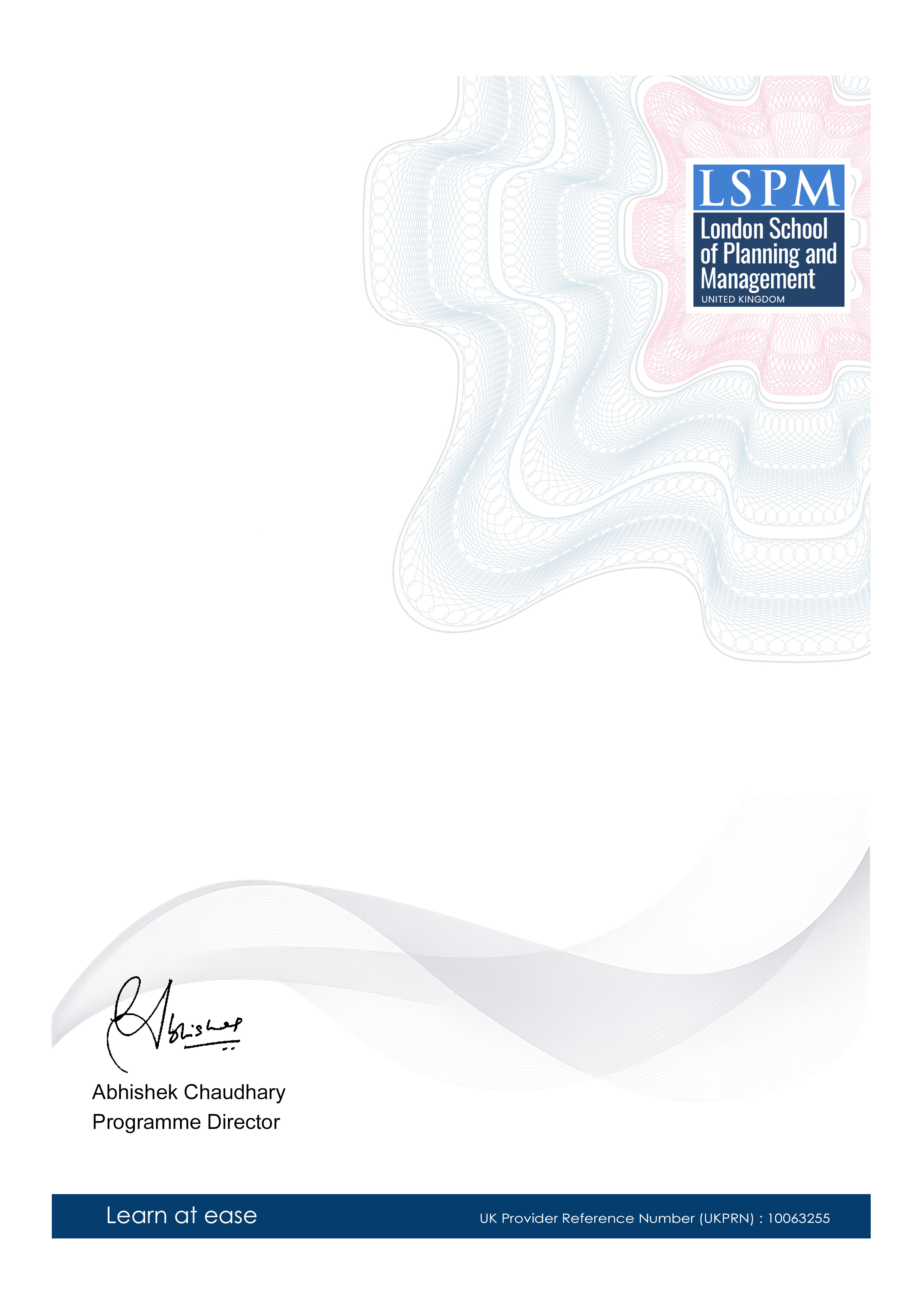Graduate Certificate in E-commerce Data Processing Techniques
-- viewing nowThe Graduate Certificate in E-commerce Data Processing Techniques is a comprehensive course designed to equip learners with essential skills in e-commerce data processing. This program highlights the importance of data-driven decision making in e-commerce businesses, and covers key topics such as data mining, data warehousing, and business intelligence.
5,122+
Students enrolled
GBP £ 149
GBP £ 215
Save 44% with our special offer
About this course
100% online
Learn from anywhere
Shareable certificate
Add to your LinkedIn profile
2 months to complete
at 2-3 hours a week
Start anytime
No waiting period
Course details
Here are the essential units for a Graduate Certificate in E-commerce Data Processing Techniques:
• Data Mining Techniques: This unit will cover various data mining techniques, including clustering, classification, and association rule mining. Students will learn how to apply these techniques to e-commerce data to uncover insights and trends.
• Big Data Processing: This unit will cover the fundamentals of big data processing, including distributed computing, data warehousing, and data lakes. Students will learn how to use tools such as Hadoop, Spark, and Hive to process large datasets.
• Machine Learning for E-commerce: This unit will cover the application of machine learning techniques to e-commerce, including recommendation systems, fraud detection, and customer segmentation. Students will learn how to build and deploy machine learning models using tools such as TensorFlow and Scikit-learn.
• Data Visualization: This unit will cover the principles of data visualization, including chart types, color theory, and interaction design. Students will learn how to use tools such as D3.js and Tableau to create effective visualizations of e-commerce data.
• Data Security and Privacy: This unit will cover the key concepts of data security and privacy, including encryption, access control, and data masking. Students will learn how to protect e-commerce data from unauthorized access and ensure compliance with relevant regulations.
• E-commerce Analytics: This unit will cover the fundamentals of e-commerce analytics, including web analytics, conversion tracking, and attribution modeling. Students will learn how to use tools such as Google Analytics and Adobe Analytics to measure and optimize e-commerce performance.
• Cloud Computing for E-commerce: This unit will cover the use of cloud computing in e-commerce, including infrastructure as a service (IaaS), platform as a service (PaaS), and software as a service (SaaS
Career path
Entry requirements
- Basic understanding of the subject matter
- Proficiency in English language
- Computer and internet access
- Basic computer skills
- Dedication to complete the course
No prior formal qualifications required. Course designed for accessibility.
Course status
This course provides practical knowledge and skills for professional development. It is:
- Not accredited by a recognized body
- Not regulated by an authorized institution
- Complementary to formal qualifications
You'll receive a certificate of completion upon successfully finishing the course.
Why people choose us for their career
Loading reviews...
Frequently Asked Questions
Course fee
- 3-4 hours per week
- Early certificate delivery
- Open enrollment - start anytime
- 2-3 hours per week
- Regular certificate delivery
- Open enrollment - start anytime
- Full course access
- Digital certificate
- Course materials
Get course information
Earn a career certificate

